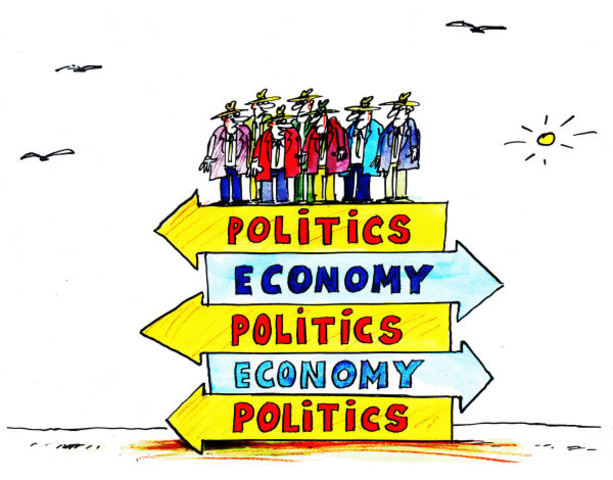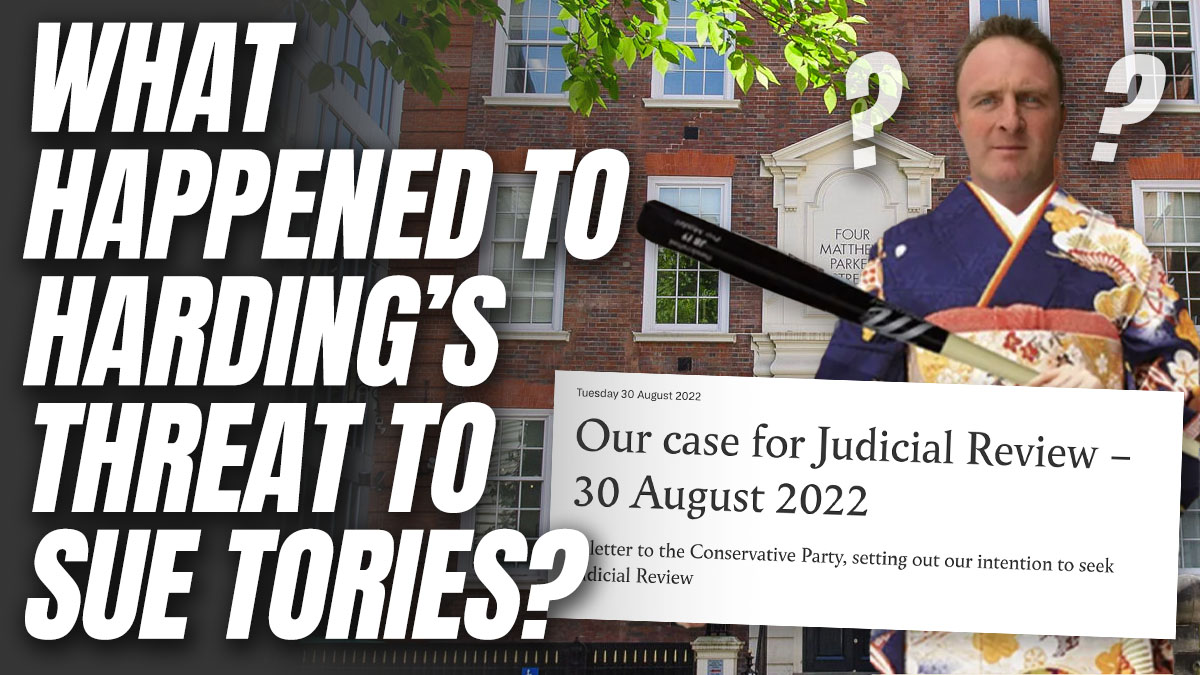Nvidia CEO On AI Chip Export Restrictions: A Direct Appeal To President Trump

Table of Contents
The Stakes: Economic and Geopolitical Implications of AI Chip Restrictions
The ramifications of restricting the export of Nvidia's advanced AI chips extend far beyond the company itself. The economic impact on the US semiconductor industry is substantial. These restrictions directly affect Nvidia's revenue streams, triggering a ripple effect throughout the supply chain, impacting numerous associated US businesses. Beyond the immediate economic consequences, the geopolitical implications are equally profound. By hindering the export of these crucial components, the US risks losing its hard-earned technological leadership in the rapidly evolving field of AI.
This potential loss of dominance could have significant consequences:
- Loss of revenue for Nvidia and associated US businesses: The restrictions directly impact Nvidia's bottom line and the livelihoods of countless employees across the US semiconductor industry.
- Potential for the US to lose its edge in AI development and deployment: Restricting access to advanced AI chips hampers innovation and deployment within the US, potentially slowing down progress in crucial sectors.
- Risk of strengthening Chinese AI capabilities: While intended to curb the flow of advanced technology to potential adversaries, these restrictions could inadvertently benefit competitors like China by limiting US advancements.
- Impact on international relationships and trade agreements: The restrictions could strain relationships with international partners and disrupt existing trade agreements, leading to further economic and geopolitical instability.
Keywords: semiconductor shortage, US technological leadership, China's AI development, global competitiveness.
Huang's Arguments: A Case for Lifting or Relaxing Restrictions
Jensen Huang's appeal to President Trump likely centered on the critical need to balance national security concerns with the imperative of fostering economic growth and technological innovation. His arguments probably emphasized:
- National security benefits of US-based AI technology: Huang likely argued that a strong US-based AI industry, fueled by readily available advanced chips, is essential for maintaining national security. This includes applications in defense, intelligence, and cybersecurity.
- Economic advantages of maintaining a strong domestic semiconductor industry: A thriving semiconductor industry contributes significantly to the US economy, creating jobs and driving innovation across multiple sectors.
- The need for a balanced approach that protects national security without stifling innovation: Huang likely advocated for a nuanced approach that addresses national security concerns while avoiding overly restrictive measures that stifle innovation and economic growth.
Further supporting his appeal, Huang likely highlighted:
- Emphasis on Nvidia's commitment to ethical AI development: Nvidia likely underscored its commitment to responsible AI development, mitigating potential misuse of its technology.
- Highlighting the crucial role of AI chips in various sectors (defense, healthcare, etc.): Demonstrating the far-reaching applications of AI chips beyond military applications would underscore their vital role in advancing society.
- Proposals for mitigating risks related to AI chip misuse: Nvidia may have proposed concrete measures to monitor and control the use of its chips, addressing potential national security concerns.
Keywords: national security, economic growth, technological innovation, ethical AI, AI applications.
President Trump's Response (or Lack Thereof) and Subsequent Developments
President Trump's direct response to Huang's appeal remains largely undocumented in public forums. However, the impact of the export restrictions on Nvidia and the broader semiconductor industry is evident. The restrictions created significant challenges, forcing adjustments in strategies and potentially hindering progress. Further analysis of policy changes and shifts in strategy following the appeal would provide deeper insight into the consequences of these restrictions.
Key points to consider:
- Summary of Trump's public statements (if any) regarding Nvidia or AI chip restrictions: A detailed account of any public statements made by President Trump concerning this matter.
- Analysis of the long-term consequences of the restrictions: Evaluating the long-term effects of these restrictions on the US semiconductor industry and its global competitiveness.
- Mention any legal challenges or lobbying efforts that followed: Documenting any legal challenges or lobbying efforts undertaken by Nvidia or other stakeholders in response to the restrictions.
Keywords: White House response, trade policy, regulatory changes, industry impact, political implications.
Conclusion: The Future of AI Chip Export Restrictions and Nvidia's Role
The debate surrounding AI chip export restrictions highlights the complex interplay between national security, economic prosperity, and technological innovation. Nvidia's central role in the AI chip market underscores the significant implications of these restrictions. A balanced approach that safeguards national security while fostering a vibrant and competitive US semiconductor industry is crucial for long-term success. The future direction of AI chip export policies will undoubtedly shape the global technological landscape, influencing not only the fortunes of Nvidia but also the competitive balance among nations.
We encourage you to engage in further discussion on the topic of Nvidia, AI chip export restrictions, and their impact on the global technological landscape. Share your informed opinions and contribute to the crucial conversation surrounding US policy on AI chip exports. We welcome your thoughts and perspectives in the comments section below.

Featured Posts
-
 Dlyl Shaml Melwmat Asasyt En Jhaz Blay Styshn 6 Alqadm
May 03, 2025
Dlyl Shaml Melwmat Asasyt En Jhaz Blay Styshn 6 Alqadm
May 03, 2025 -
 Khtt Amant Alastthmar Baljbht Alwtnyt Lwde Wrqt Syasat Aqtsadyt
May 03, 2025
Khtt Amant Alastthmar Baljbht Alwtnyt Lwde Wrqt Syasat Aqtsadyt
May 03, 2025 -
 Understanding This Country People Politics And Economy
May 03, 2025
Understanding This Country People Politics And Economy
May 03, 2025 -
 Register For The Sony Play Station Beta Program Full Requirements Guide
May 03, 2025
Register For The Sony Play Station Beta Program Full Requirements Guide
May 03, 2025 -
 Energy Policy Changes Following Guido Fawkes Assessment
May 03, 2025
Energy Policy Changes Following Guido Fawkes Assessment
May 03, 2025
